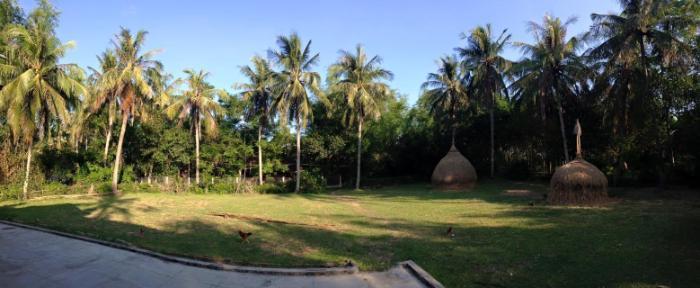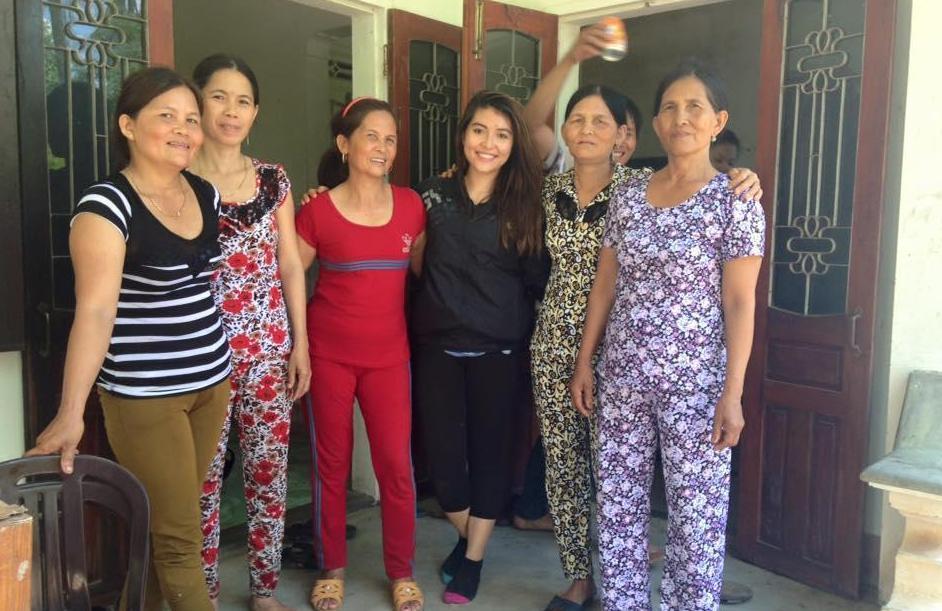Thuy Hang Tran, a second-year EPSA student obtaining her M.A. in Education Policy, has been awarded a Davis Projects for Peace Fellowship, a prestigious scholarship awarded to only 100 recipients from universities and colleges nation-wide. Thuy is a Gates Millennium Scholar and also Teachers College’s Zankel Fellow for Urban Educators.
Founded in 2007 on the occasion of Kathryn W. Davis’s 100th birthday, the Davis Projects for Peace initiative aims to promote peace and global understanding by challenging students to build peacemaking projects. Students can do so on a local or large scale, work individually or in groups, and tackle any manner of peacemaking, from diversity challenges to cross-cultural learning, so long as they address the root causes of conflict in the world. Projects for Peace is Kathryn W. Davis’s legacy and a call for students to effect change in the world.
Born in a former war zone in South Vietnam, Thuy is committed to giving back to her former home where educational opportunities are scarce. Growing up, there was no library, bookstore or youth center. Readings provided by the schools were leaflets with texts. After returning to Vietnam in 2015 to conduct research on the Vietnam War, Thuy saw that little progress had been made. Both Thuy's personal and academic endeavors pushed her to give back through education. This year, through Professor Felisa Tibbits’ human rights and peace education CU class (ITSF- 4613 International Perspectives on Peace and Human Rights Education”) Thuy created a proposal for building a youth after school learning center and implementing a summer peace program in the rural village of Vietnam where she grew up. The Davis Projects for Peace Grant Recipients receive $10,000 in funding which will support the first two years of the project’s implementation.

Motivated by research on the effectiveness of after-school and summer programs, the center aims to help youth hone in peace by building positive relationships, social-emotional learning, and life skills. Specifically, the summer peace curriculum will build peace by cultivating positive life skills, beliefs, knowledge, and decisions that support both individual and societal peace-making. In the long term, the center aims to cultivate peace with youth by indirectly eliminating various manifestations of violence due to poverty and post-war consequences. In tandem with this overarching objective, the center hopes that its participants will improve their educational and occupational outcomes, community participation and engagement.
While Vietnam has made great strides in education reforms, much of the progress reflects improvements in urban cities rather than rural areas. Research shows that rural education in Vietnam remains weak in quality, efficiency, and equity. Although the Vietnam War has ended, cultural and structural violence harm inter-generational survivors in the form of poverty, educational inequities, and discrimination between Vietnamese Southerners and Northerners.
The project will help youth and their families heal from these multifaceted types of violence.
